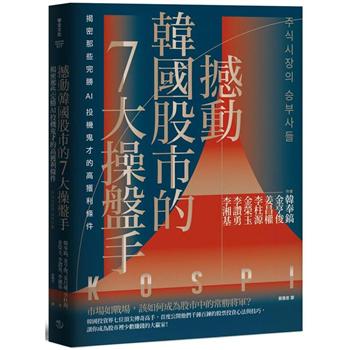"An Introduction to the Water-Cure" by Thomas Low Nichols, originally published in 1855, offers a fascinating glimpse into the world of 19th-century alternative medicine. Subtitled "A Concise Exposition of the Human Constitution ... Founded in Nature and Adapted to the Wants of Man," the book advocates for hydrotherapy as a natural and effective method of healing. Nichols presents a detailed explanation of the human body and its relationship to water, arguing for its curative properties in treating various ailments.
This historical text provides valuable insight into the popular health movements of the time, reflecting a growing interest in natural remedies and a departure from conventional medical practices. Readers interested in the history of medicine, alternative therapies, and the social context of 19th-century health will find this work both informative and engaging. Nichols’ passionate advocacy for the water-cure makes this book a significant contribution to the literature of its era.
This work has been selected by scholars as being culturally important, and is part of the knowledge base of civilization as we know it. This work was reproduced from the original artifact, and remains as true to the original work as possible. Therefore, you will see the original copyright references, library stamps (as most of these works have been housed in our most important libraries around the world), and other notations in the work.
This work is in the public domain in the United States of America, and possibly other nations. Within the United States, you may freely copy and distribute this work, as no entity (individual or corporate) has a copyright on the body of the work.
As a reproduction of a historical artifact, this work may contain missing or blurred pages, poor pictures, errant marks, etc. Scholars believe, and we concur, that this work is important enough to be preserved, reproduced, and made generally available to the public. We appreciate your support of the preservation process, and thank you for being an important part of keeping this knowledge alive and relevant.











